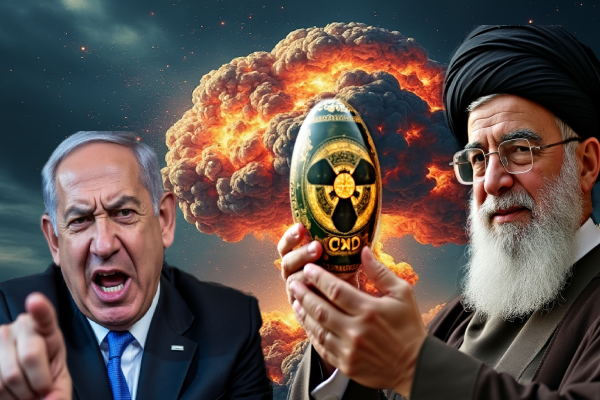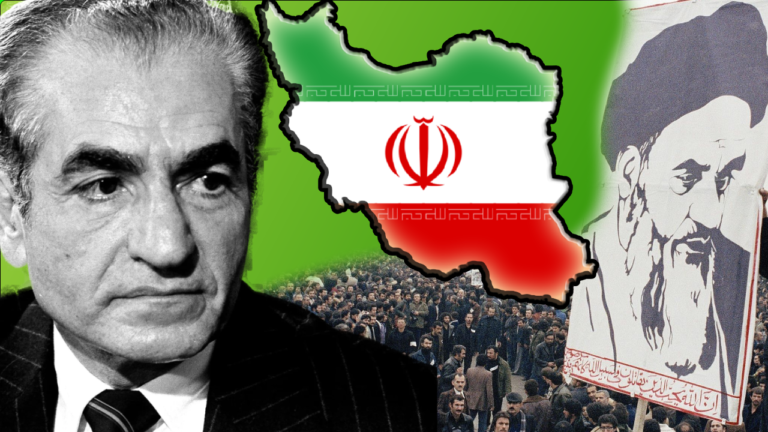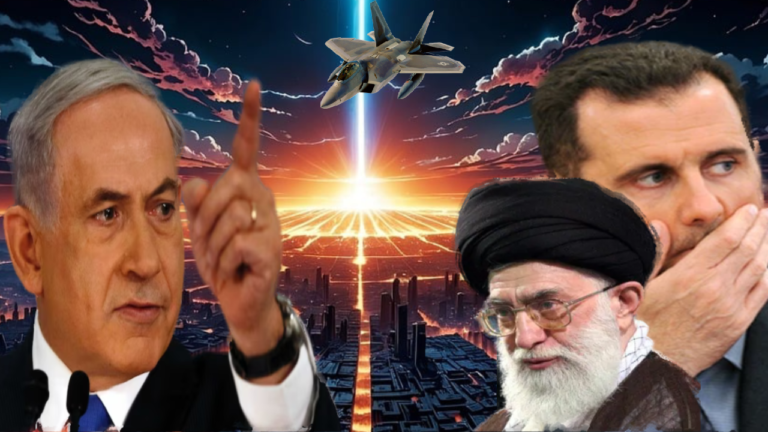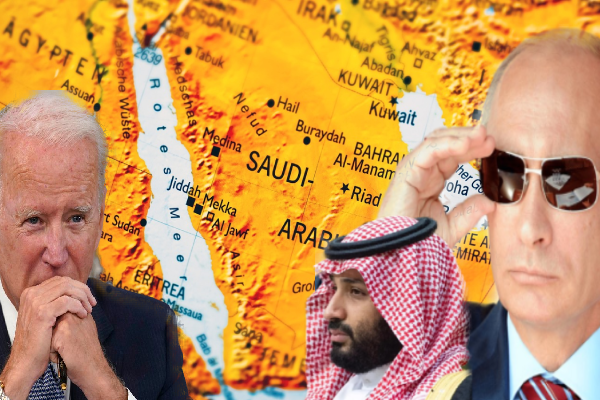The Middle East, a chaotic and complex region, is on the brink of a significant geopolitical shift that could have far-reaching consequences for the region and the world. Multiple reports suggest that if Iran decides to do so, it could produce a nuclear bomb within a matter of weeks.
The International Atomic Energy Agency (IAEA) recently reported that Iran possesses 164.7 kg of uranium enriched up to 60%. By IAEA standards, approximately 40 kg of uranium enriched to 60% is enough to potentially create a nuclear bomb, provided the uranium is further enriched to 90%. According to nuclear experts, the leap from 60% to 90% enrichment is not difficult, given the expertise and experience Iran has developed over the years.
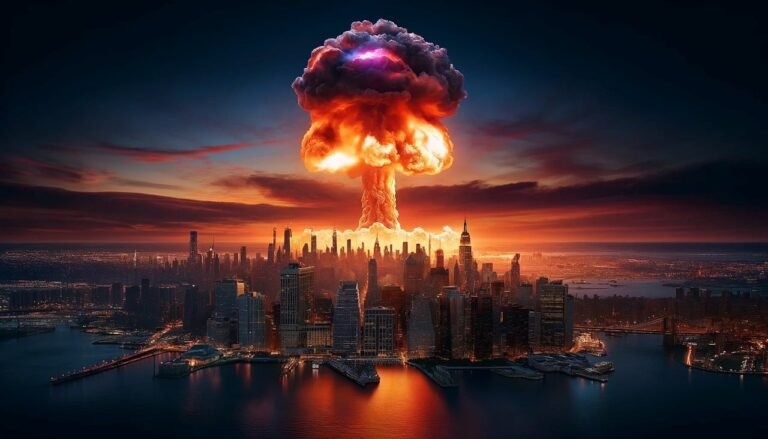
The October 7 terrorist attack by Hamas on Israel and Israel’s subsequent retaliatory actions against Hamas in Gaza have further destabilized the already volatile region. In April 2024, Iran launched missiles at Israel from its own territory for the first time, in retaliation for the assassination of Iranian commanders in Damascus by Israel. Israel and Iranian proxies in the region regularly exchange missile fire, and tensions reached a boiling point when Israel killed Hamas leader Ismail Haniyeh in Tehran. Although Iran vowed revenge, diplomatic pressure seems to be restraining it from retaliating.
The dim prospects for a peace deal between Israel and Hamas, coupled with simmering tensions between Iran and Israel, are pushing the Middle East towards a major regional confrontation. The final trigger could be Iran acquiring nuclear weapons, which would dramatically shift the geopolitical balance in its favour. A nuclear-armed Iran might feel more secure in supporting its proxies and allies in Syria, Lebanon, Iraq, and Yemen, further destabilizing the region.
Iran’s Supreme Leader, Ayatollah Ali Khamenei, issued a fatwa in 2003 prohibiting the possession or use of nuclear weapons. However, much has changed since then, and Iran now possesses the necessary expertise and experience to build a nuclear bomb. Recently, Kamal Kharazi, head of the Foreign Advisory Board to the Supreme Leader, stated, “Tehran has the capacity to build a nuclear bomb and, if it faces an existential threat, it could change its nuclear doctrine.” Such a statement would not be made without the approval of Khamenei.

To understand the consequences of Iran acquiring nuclear weapons, let’s consider two possible scenarios:
Scenario One: Iran is on the verge of testing a nuclear bomb, and Israel gets wind of it. In this situation, Iran would likely receive multiple warnings, and diplomatic pressure would be exerted to prevent it from conducting nuclear tests. If Iran ignores these warnings and remains determined to test a nuclear bomb, Israel might strike Iran’s nuclear facilities, sparking a direct war between the two nations.
The global economy could suffer, especially given the Middle East’s critical role in the energy market. In the event of war, Iran could block the Strait of Hormuz, a vital transit point for the world’s largest share of crude oil, leading to economic disruption and global inflationary pressures. Sanctions and countermeasures against Iran could further destabilize trade and economic stability in the region.
Scenario Two: Iran secretly develops and tests nuclear weapons without detection by Israel or the United States and declares itself a nuclear state. In this case, war could prove catastrophic for the entire region, with a high possibility of nuclear confrontation. The only viable option might be to accept the reality of a nuclear-armed Iran and coexist, but this could trigger a dangerous nuclear arms race in the region. Saudi Arabia, in particular, might become desperate to acquire its own nuclear arsenal to maintain a balance of power with Iran, perpetuating the threat of future nuclear conflict in the Middle East.
Iran’s successful acquisition of a nuclear bomb would deal a significant blow to the global non-proliferation regime. It would likely signify the failure of international diplomatic efforts, including the Joint Comprehensive Plan of Action (JCPOA), which was designed to prevent Iran from developing nuclear weapons. Other countries might be encouraged to pursue their own nuclear ambitions, weakening the Nuclear Non-Proliferation Treaty (NPT) and increasing the risk of nuclear weapons spreading to unstable regions. The erosion of the NPT could lead to a more fragmented and dangerous world, with the potential for nuclear weapons to fall into the hands of non-state actors or rogue regimes.
The prospect of Iran acquiring nuclear weapons is one of the most significant threats to regional and global stability in the 21st century. Such an event would not only shift the balance of power in the Middle East but also potentially ignite a nuclear arms race that could extend beyond the region, undermining decades of efforts to prevent the proliferation of nuclear weapons. The international community faces a critical choice: either prevent Iran from acquiring nuclear weapons through diplomatic, economic, or even military means, or prepare for a new era of nuclear uncertainty where the risk of confrontation and miscalculation is ever-present.
In this new reality, the consequences of a nuclear-armed Iran would be felt far beyond the Middle East, influencing global security dynamics, economic stability, and the effectiveness of international non-proliferation efforts. The time for decisive action is now, as the world cannot afford to wait until the situation reaches an irreversible tipping point. Whether through renewed diplomatic engagement or a reinforced deterrent posture, the stakes have never been higher in ensuring that the spectre of nuclear conflict does not become a grim reality.
